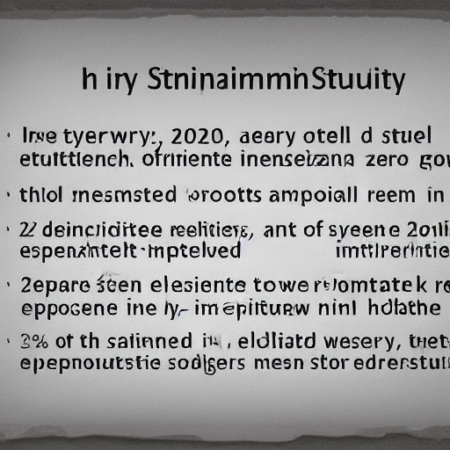Life now chiefly consists of three tasks:
- Finding somewhere permanent to live as soon as possible, but ideally by August 1st and by necessity by August 28th when non-students must leave the co-op
- Finding any employment to help defer the costs of living
- Finding long-term employment in the fight against climate change, perhaps most plausibly in the clean energy sector
I don’t think life has ever been so open-ended and unanchored for me, which is disorienting and worrisome when there are so many problems in the world and among people who I know.
The most sustainable option for housing would be finding a 3 bedroom unit along with two other people and getting on a formal lease. That would finally free me from the uncertainty I had at 410 Markham and 611A Marlee, where I was only safe as a tenant as long as a prior flatmate who the landlords allowed on the lease was there.
Of course, finding two other people and a place all at the same time is quite a coordination problem. I am also open to an affordable 2 bedroom unit with a lease and a suitable flatmate. I also need to consider just taking over a room in an existing place, given how little time I have to search, but that would likely mean being put back in the precarious situation of an off-lease tenant which has made housing into the stress volcano that I live on top of since Pieter Basedow’s worst abuses began in February 2018.
Theoretically I could stretch to finding a cheap place on my own, but (a) every $100 per month matters in terms of retaining a low cost of living and sustaining resources for future troubles and (b) provided they are conscientious and respectful of privacy, I prefer having the unobtrusive company of flatmates to being alone.




